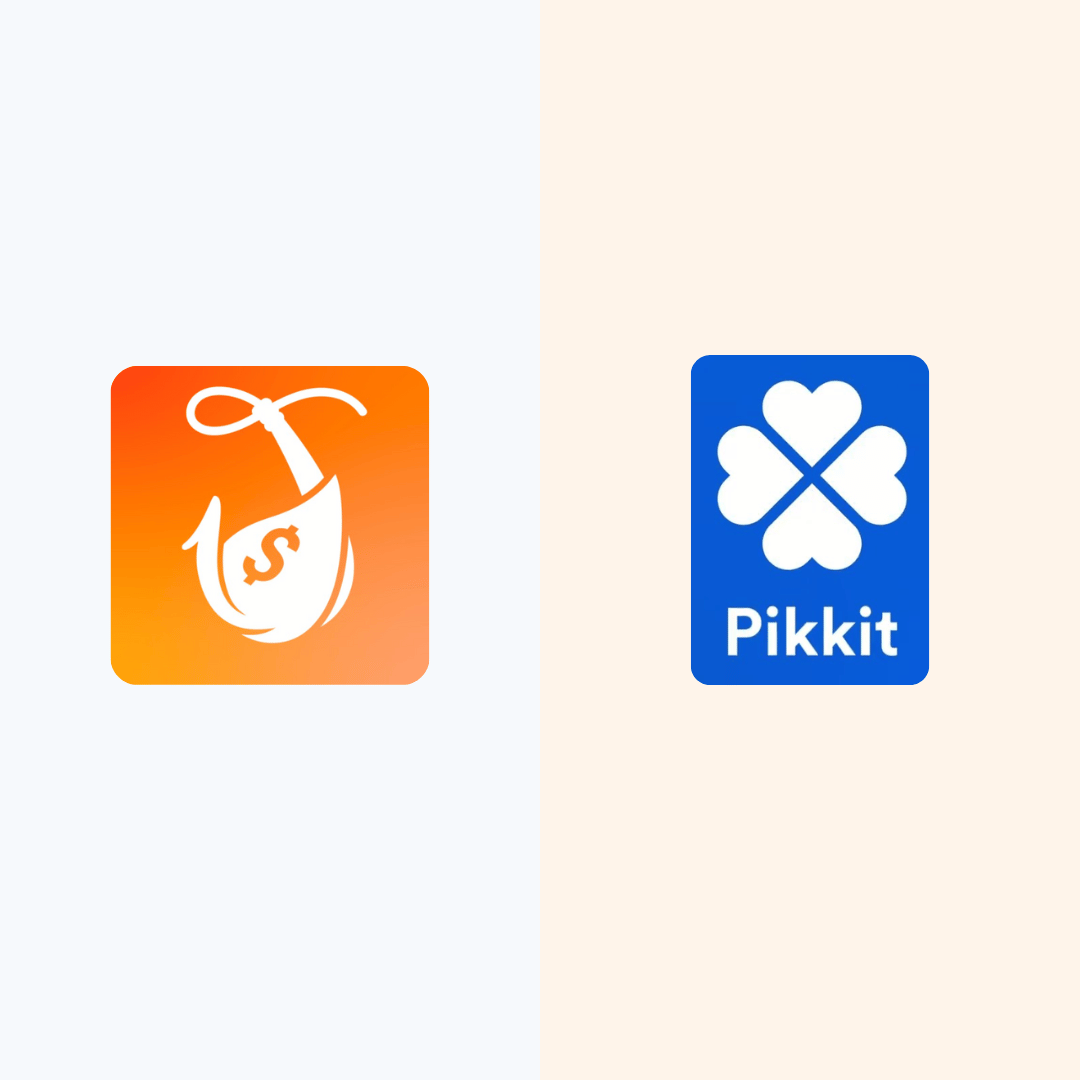Welcome to the comprehensive guide on how to do psilocybin marketing, the right way. This guide is for businesses and professionals serving or working in the emerging regulated psilocybin markets, such as Oregon and Colorado.
Whether you’re starting out or experienced in the field, we’ll take you through everything you need to know to prepare a strong psilocybin marketing strategy. We’ll start with the basics, like “what is psilocybin?”, and we’ll progress to more advanced topics.
To make it easier to navigate, you can click on any of the links in the table of contents below to jump to the section that makes most sense to you.
What is Psilocybin?
Psilocybin is the active ingredient in mushrooms that causes people to have psychedelic experiences. Think of it like the THC within cannabis.
Like THC, there are numerous peer-reviewed studies indicating therapeutic effects from the use of psilocybin, including but not limited to:
For these reasons and more, psilocybin has attracted much attention and states are now creating a regulated structure for businesses to provide psilocybin treatment services, such as Oregon and Colorado.
Many other states have legislation being considered around regulating the use of psilocybin as well, but we’ll focus on the current markets.
Where is Psilocybin Marketing and Services Legal?
Oregon became the first state to legalize psilocybin services in 2020, and the first service centers opened their door in the summer of 2023.
Colorado quickly followed suit and legalized psilocybin (amongst other natural psychedelics) in 2023.
Laws and Rules for Psilocybin Marketing
Since Oregon is the only state with a current psilocybin market, we will focus on the Oregon laws and rules. These laws and rules will likely be copied and used by other states, or at least used as a foundation.
As you’ll notice, for those familiar with cannabis marketing, the psilocybin marketing laws are extremely similar. In fact, many of the laws and rules were brought over from the cannabis industry, and written by many who work in the cannabis industry.
In accordance with 333-333-6100 of Oregon’s psilocybin rules, when it comes to psilocybin marketing, the advertising of psilocybin products and services may not:
- Contain statements that are deceptive, false, or misleading.
- Contain any content that can reasonably be considered to target individuals under the age of 21 (including but not limited to images of minors, cartoons, toys, or similar images and items typically marketed towards minors, or references to products that are commonly associated with minors or marketed by minors).
- Encourage activity that is illegal under state law.
- Assert that psilocybin products are safe because they are regulated by the Oregon Health Authority or have been tested by a certified laboratory or otherwise make claims that any government agency endorses or supports psilocybin.
- Make claims that psilocybin products and services have curative or therapeutic effects or make other health claims that are not supported by the totality of publicly available scientific evidence (including evidence from studies conducted in a manner that is consistent with generally recognized scientific procedures and principles), and for which there is significant scientific agreement, among experts qualified by scientific training and experience to evaluate such claims.
Additionally, you can’t make any deceptive, false, or misleading assertions or statements on any informational material, any sign, or any document provided to a consumer.
As if that’s not enough, section 333-333-6100 of Oregon’s psilocybin rules requires that advertising, unless you have evidence that <30% of the audience is under the age of 21, you cannot use television, radio, billboard, print media, or internet advertising.
When it comes to your website, your webpage must make reasonable efforts to prevent individuals under 21 years of age from visiting the webpage.
A few restrictions, but there is room to maneuver. If you’d like clarity on any of this, schedule a call with our psychedelics marketing agency for a free consultation.
Types of Psilocybin Businesses
When it comes to the types of businesses that could do psilocybin marketing, there are two main buckets:
- Licensed operators
- Ancillary businesses
Let’s discuss psilocybin marketing strategies for licensed operators first, then dive into ancillary businesses.
Licensed Operators
The following types of businesses must apply for and receive a license from the state of Oregon to operate the following businesses:
- Psilocybin Manufacturers – Businesses that cultivate psilocybin mushrooms, manufacture products, and sell products to psilocybin services centers;
- Psilocybin Service Centers – These are the businesses that hosts psilocybin sessions on their regulated premises;
- Facilitators – Licensed professionals who administer the psilocybin and act as guides before, during, and after the session; and
- Psilocybin Testing Laboratory Licenses – Companies that test psilocybin products for potency, contamination, and quality.
Ancillary Businesses
On the other hand, there are ancillary businesses that service the psilocybin industry, but do not require a license from the state because they are not handling the regulated substance (i.e., psilocybin) directly.
Types of ancillary businesses that may do psilocybin marketing including:
- Lawyers and law firms
- Consultants and consulting firms
- Software and Technology providers
- Equipment suppliers
- Financial Services
- Real Estate Services
- Educational Firms
- Transportation and logistics
- Events and Trade Show Organizations
As you can see, the psilocybin industry is quite nuanced and there is a lot of room to maneuver for your psilocybin marketing strategies.
Types of Psilocybin Marketing Allowed
Below are the types of psilocybin marketing that is allowed for your business, broken into two categories “Traditional Marketing” and “Digital Marketing”
Traditional Marketing
When it comes traditional marketing for psilocybin businesses, this involves more conventional forms of media and outreach, like television commercials, radio ads, print advertisements (newspapers, magazines), billboards, and direct mail.
This is allowed, however, you must ensure that the audience on which the platform you are conducting psilocybin marketing is no more than 30% of users being under the age of 21 (see psilocybin marketing laws and rules above).
Digital Marketing
When it comes to digital psilocybin marketing on internet-based platforms and technologies, there are a few types:
- Social media
- Email marketing
- SEO (Search Engine Optimization)
- Content marketing, and
- Online advertising (like Google AdWords or Facebook ads).
In all cases, you must follow the same 30% rule and ensure that less than 30% of the audience on the platform you are advertising on is less than the age of 21.
When it comes to your website, you should place an age verification pop-up that asks users to identify whether they are over the age of 21 or not.
Conclusions on Psilocybin Marketing
In the end, psilocybin marketing is highly regulated but not impossible to navigate. As long as you stay within the regulatory requirements, you can build a strong psilocybin brand and attract paying clients from traditional or digital marketing strategies.
Are you curious on how you can use digital marketing and psilocybin SEO to generate increase revenue for your psilocybin business? Our psychedelics marketing agency can help your brand rank #1 on google, increase traffic to your website, and optimize your site for converting traffic into paying clients.
Fill out our contact form to schedule a call with our psilocybin marketing experts. BV will provide you with a live audit of your online assets (if available) and go over a strategy to fit your psilocybin brand.


